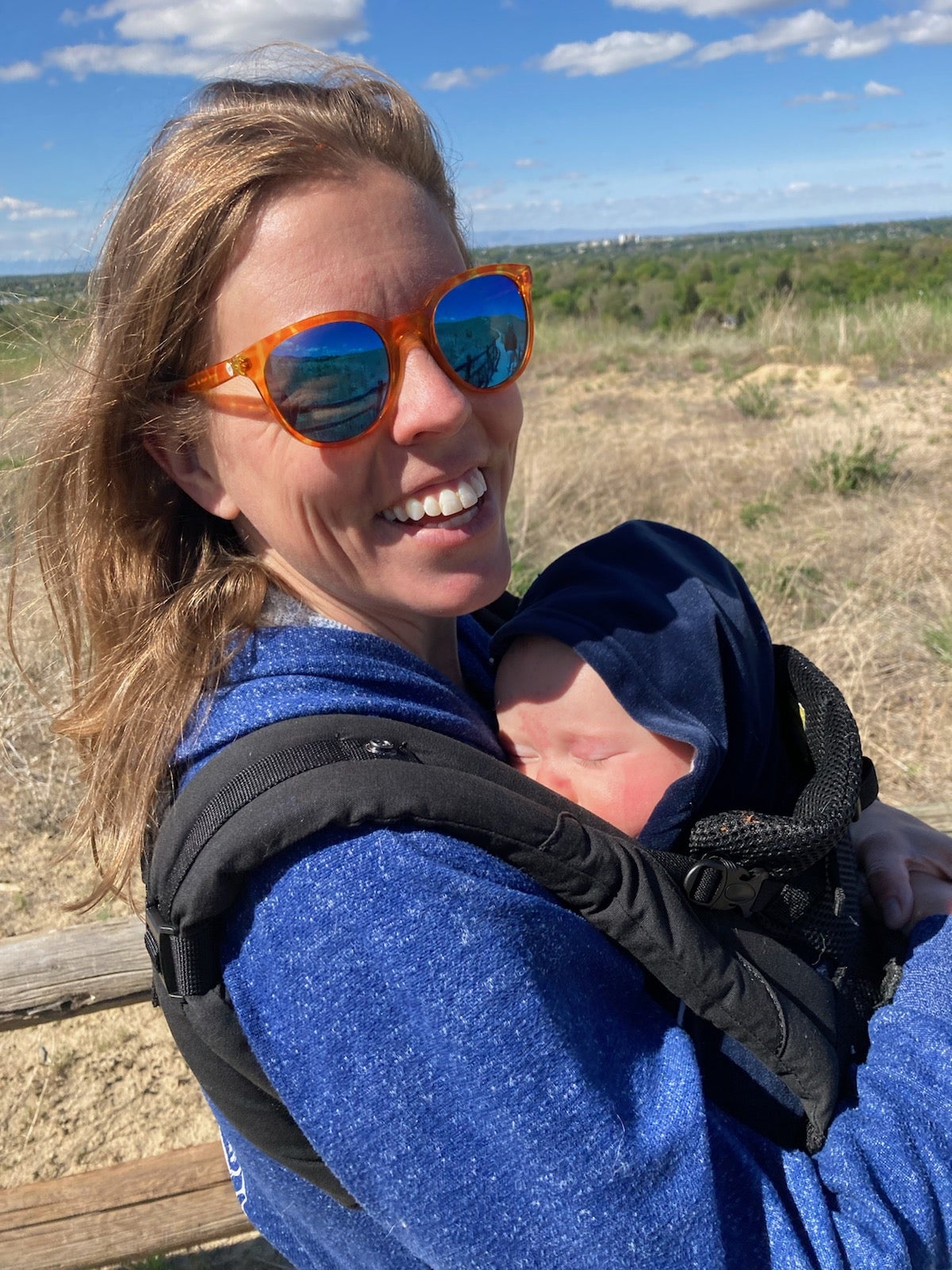
Assistant Professor
Department of Biological Sciences
Mailing Address:
Department of Biological Sciences
Boise State University
Boise, ID 83725-1515
Email: allisonsimlerwil@boisestate.edu
Lab Website: Simler Williamson Lab
Academic Degrees:
- Ph.D. in Ecology, University of California Davis (2019)
- B.A. in Visual Arts, Duke University (2010)
- B.A. in Biology, Duke University (2010)
Research Interests
The Simler-Williamson lab investigates the biotic and abiotic drivers of plant population persistence, with a particular emphasis on diseases and disturbances. Currently, we are integrating field observational data, manipulative experimental designs, and mathematical modeling approaches to explore: the epidemiology of emerging infectious plant diseases; compounded abiotic (e.g., wildfire) and biotic disturbances; and local adaptation of plant populations to pathogens, symbionts, and environmental conditions (especially in the context of species translocations and post-fire restoration actions). Our current study systems include coniferous and hardwood forests and sagebrush steppe ecosystems in the western U.S. We are passionate about statistical methods and love thinking about causal inference in observational and experimental study designs! We also seek out opportunities to integrate art into our science research, communication, and teaching.
Teaching
- EEB 622: Statistical Approaches in Ecology
- EEB TBD: Experimental Design and Inference
- BIOL 192: The Diversity of Life
Awards
- NSF Postdoctoral Research Fellowship in Biology (2020) “Local adaptation to biotic interactions: soil microbial communities and dynamic population models of sagebrush recovery.”
- NSF Graduate Research Fellowship (2013) “Ecological consequences of a novel disturbance interaction: Impacts of wildfire and emerging infectious disease on forest regeneration & mortality.”
Represented Publications
- Simler-Williamson, A.B & Germino, M.J. (2022). “Statistical considerations of nonrandom treatment applications reveal region-wide benefits of widespread post-fire restoration action.” Nature Communications. 13 (1), 1-14.
- Simler-Williamson AB, Applestein C, Germino M.J. (2022). Interannual variation in climate contributes to contingency in post-fire restoration outcomes in seeded sagebrush steppe. Conservation Science and Practice, e12737.
- Rosenthal, L.*, Simler-Williamson, A.B., & Rizzo, D.M. (2021). “Community-level prevalence of a forest disease, not individual-level disease risk, declines with tree diversity.” Ecology Letters. 24 (11), 2477-2489.
- Applestein, C.*, Simler-Williamson, A.B., & Germino, M.J. (2021) “Weather and distance to fire refugia limit landscape-level impacts of fungal disease on exotic annual grasses.” Journal of Ecology. https://doi.org/10.1111/1365-2745.13638
- Simler-Williamson, A.B., Metz, M.R., Frangioso, K.M., & Rizzo, D.M. (2021) “Wildfire alters the disturbance impacts of an emerging forest disease via changes to host occurrence and demographic structure.” Journal of Ecology. DOI: 10.1111/1365-2745.13495.
- Simler-Williamson, A.B, Rizzo, D.M., Cobb, R.C. (2019) “Interactive Effects of Global Change on Pests, Pathogens, and Forest Dynamics.” Annual Review of Ecology, Evolution, & Systematics. 50. 381-403.
- Simler, A.B., Williamson, M.A., Schwartz, M.W., & Rizzo, D.M. (2019) “Amplifying plant disease risk through assisted migration.” Conservation Letters. 12 (2), e12605.
- Simler-Williamson, A.B., Metz, M.R., Frangioso, K.M., Meentemeyer, R.K., & Rizzo, D.M. (2019). “Compound disturbance alters opportunities for seedling regeneration in forests dominated by vegetative reproduction.” Ecosphere. 12:10.
- Simler, A.B., Metz, M.R., Frangioso, K.M., Meentemeyer, R.K., & Rizzo, D.M. (2018) “Novel disturbance interactions between wildfire and disease impact survival and growth of resprouting trees.” Ecology. 99(10): 2217–2229.
Lab Information (members, information for interested students, etc)
In Fall 2023, we are recruiting graduate students through either the Biology M.S. or Ecology, Evolution, and Behavior Ph.D. program at Boise State University. If interested, please send me an email outlining your background, research interests, and what you are hoping to gain from a graduate degree in biology or ecology. If your research interests lie outside our current study areas but you are interested in training in Simler-Williamson lab, I am also very happy to work with prospective students or postdocs interested in developing fellowship applications (e.g. NSF GRFP, NSF PRFB, USDA AFRI) focused on other topics, especially in plant ecology, disease ecology, or disturbance ecology.
If you are an undergraduate interested in working in the lab, please send me an email with your background, research interests, and what you are hoping to gain from working in a lab environment. We are always looking for enthusiastic new undergraduate researchers!